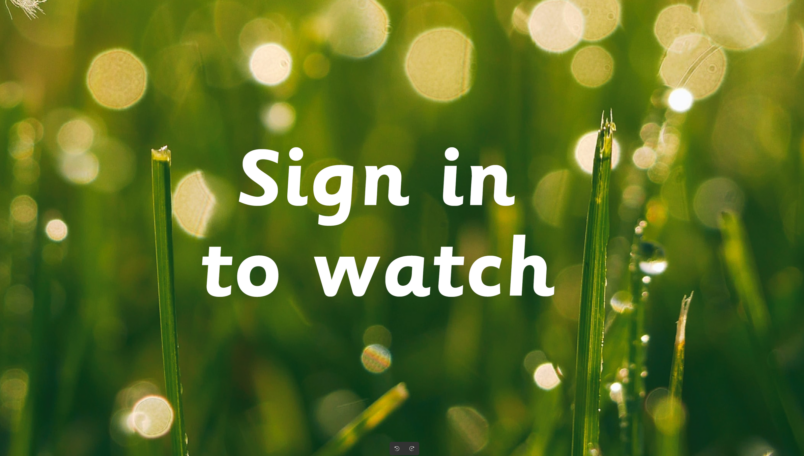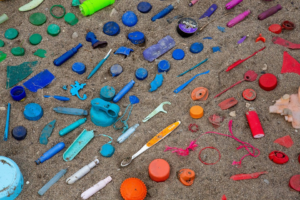Number (fractions): Beach Clean-Up
Challenge level ⭐⭐
(designed for children with prior knowledge of the Year 3 and Year 4 programme of study)
Learning Objective
We are learning how to solve a natural world problem by using and applying our skills and knowledge of number and fractions.
Useful prior knowledge:
- To find and write both a unit fraction and a non-unit fraction of a discrete set of objects
- To identify fractions that add up to a whole

Clip Description
Beaches can be enchanting and exciting places to visit. It can be very sad to witness the beauty of a beach spoiled by human waste – especially plastic pollution. Thousands of marine animals worldwide have been affected by plastic pollution, including sea turtles, seabirds, and marine mammals.
In this fascinating clip, children and adults have come together to clean up the beaches close to their homes on a stretch of Scotland’s coastline. Armed with litter grabbers, rubber gloves and bins, they attempt to remove plastic bottles, bags and other junk items scattered amongst the sand and seaweed. What do you think motivates this group of ‘eco warriors’ to clean up beaches in this way? Watch the clip to find out.
Quick Whiteboard Challenge

This photograph shows a quarter of all the plastic items that a boy called Max collected one morning whilst taking part in a local beach clean-up.
Can you give a reasonable estimate for the total number of plastic items that Max collected?

 Sign in
Sign in

